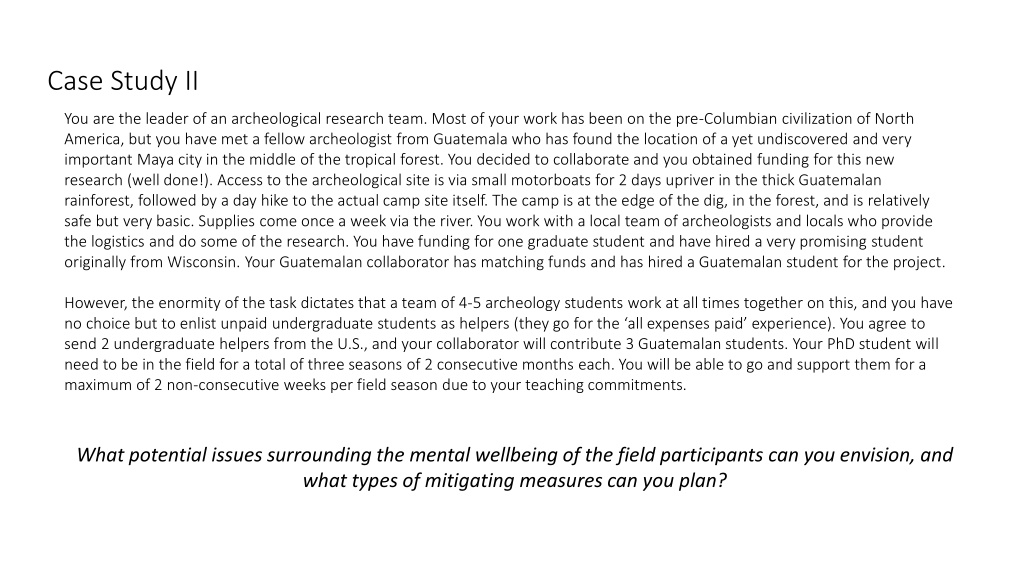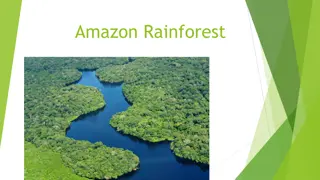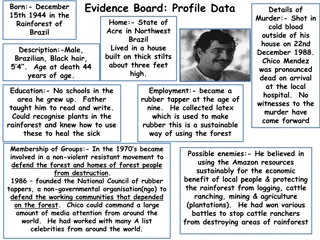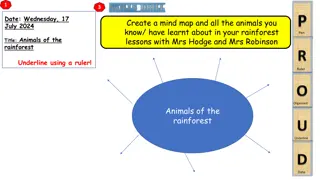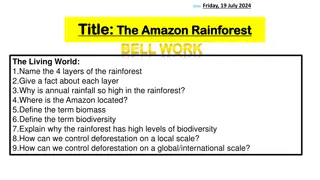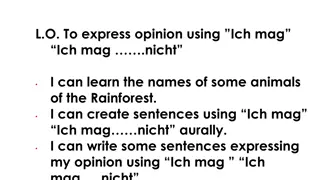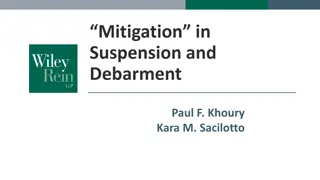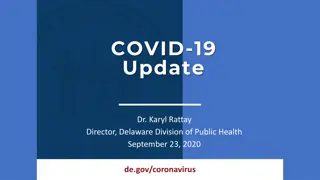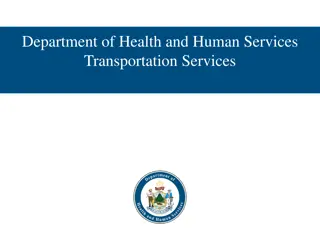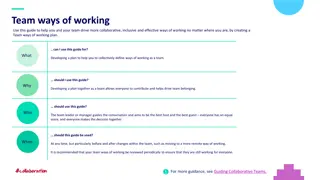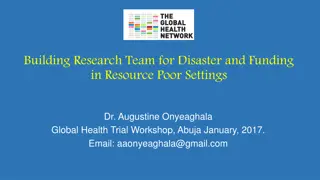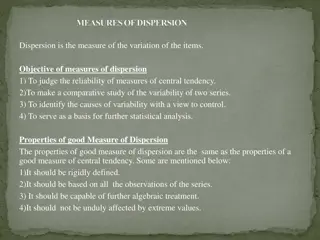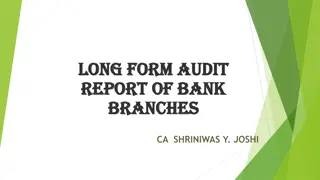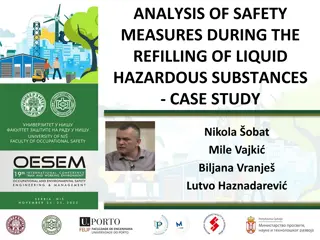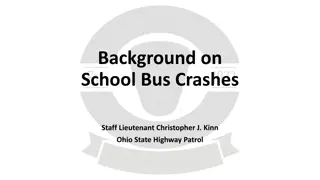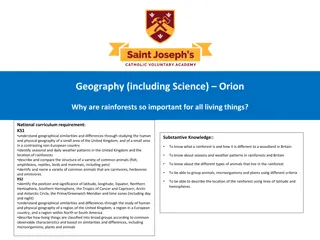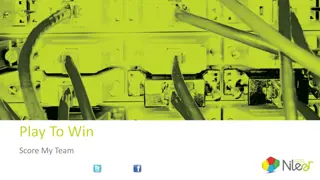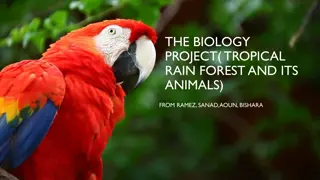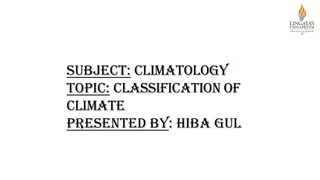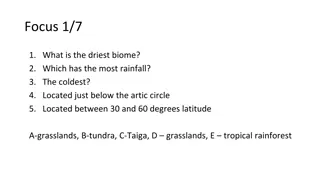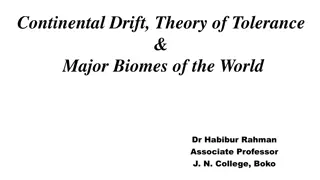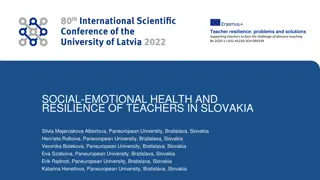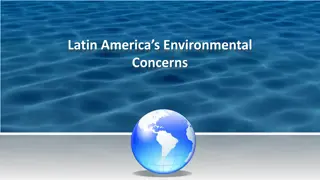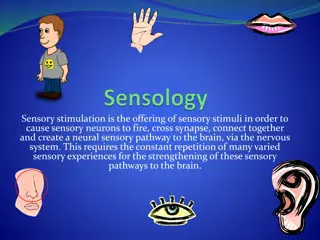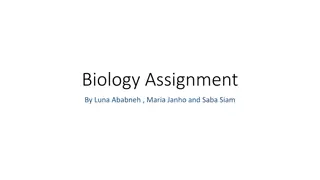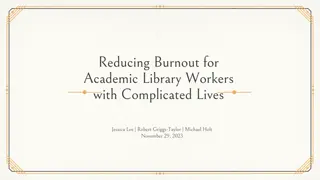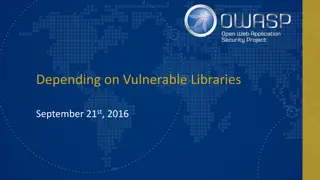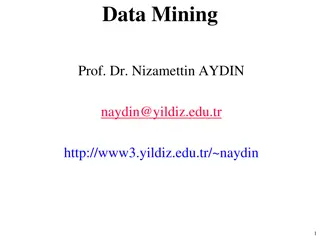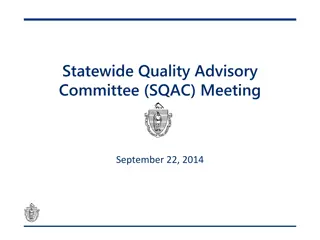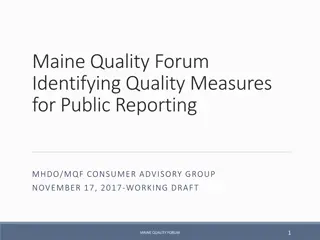Challenges and Mitigating Measures for Archeological Research Team in Guatemalan Rainforest
Leading an archeological research team in a remote Maya city in the Guatemalan rainforest poses mental well-being challenges. Factors such as isolation, basic camp conditions, extended fieldwork, cultural differences, and language barriers can impact the participants. Mitigating measures include proper training, regular check-ins, team bonding activities, stress management resources, and cultural sensitivity training.
Download Presentation

Please find below an Image/Link to download the presentation.
The content on the website is provided AS IS for your information and personal use only. It may not be sold, licensed, or shared on other websites without obtaining consent from the author. Download presentation by click this link. If you encounter any issues during the download, it is possible that the publisher has removed the file from their server.
E N D
Presentation Transcript
Case Study II You are the leader of an archeological research team. Most of your work has been on the pre-Columbian civilization of North America, but you have met a fellow archeologist from Guatemala who has found the location of a yet undiscovered and very important Maya city in the middle of the tropical forest. You decided to collaborate and you obtained funding for this new research (well done!). Access to the archeological site is via small motorboats for 2 days upriver in the thick Guatemalan rainforest, followed by a day hike to the actual camp site itself. The camp is at the edge of the dig, in the forest, and is relatively safe but very basic. Supplies come once a week via the river. You work with a local team of archeologists and locals who provide the logistics and do some of the research. You have funding for one graduate student and have hired a very promising student originally from Wisconsin. Your Guatemalan collaborator has matching funds and has hired a Guatemalan student for the project. However, the enormity of the task dictates that a team of 4-5 archeology students work at all times together on this, and you have no choice but to enlist unpaid undergraduate students as helpers (they go for the all expenses paid experience). You agree to send 2 undergraduate helpers from the U.S., and your collaborator will contribute 3 Guatemalan students. Your PhD student will need to be in the field for a total of three seasons of 2 consecutive months each. You will be able to go and support them for a maximum of 2 non-consecutive weeks per field season due to your teaching commitments. What potential issues surrounding the mental wellbeing of the field participants can you envision, and what types of mitigating measures can you plan?
